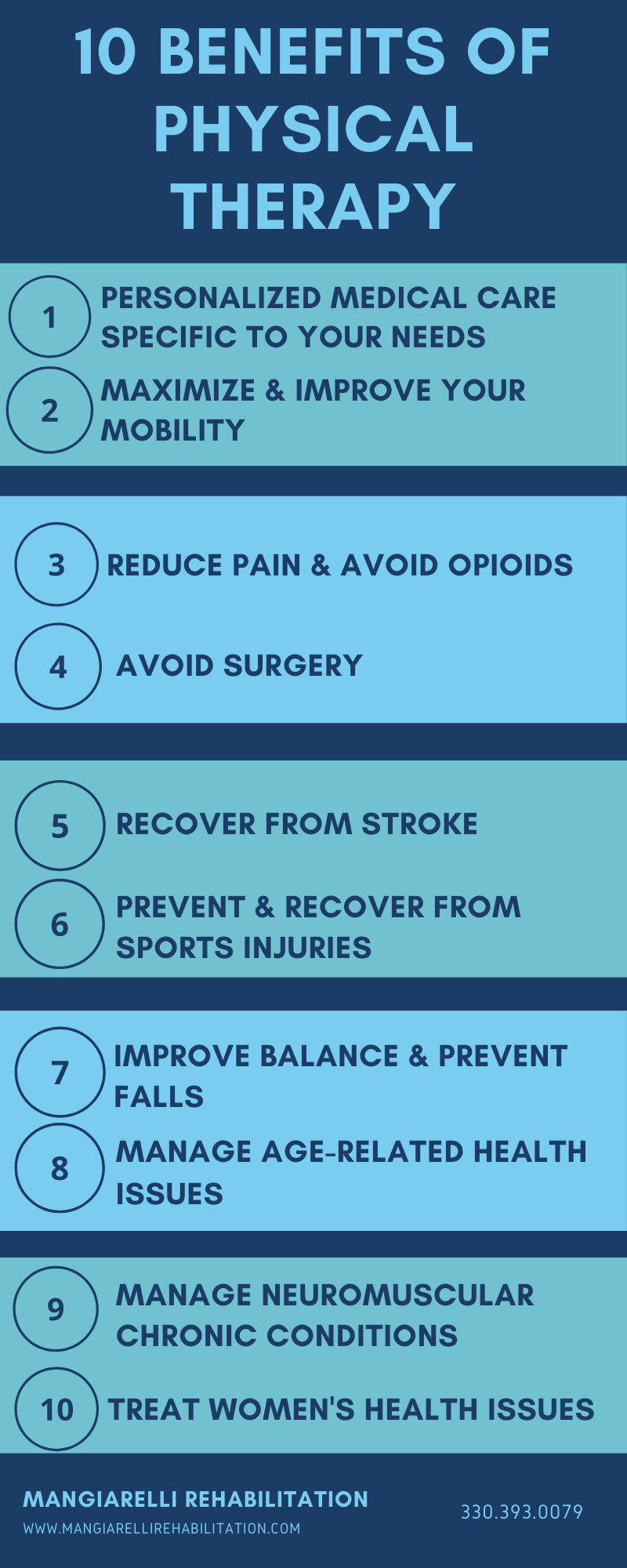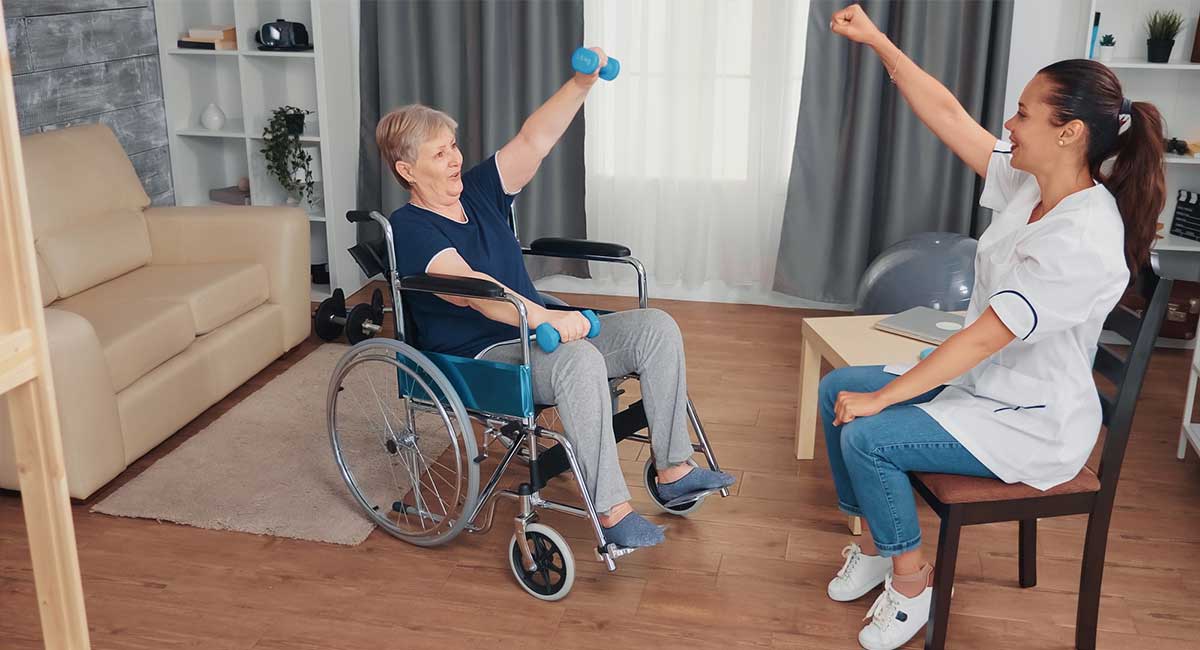Unknown Facts About Narconon Africa
Unknown Facts About Narconon Africa
Blog Article
Narconon Africa Fundamentals Explained
Table of ContentsThe Single Strategy To Use For Narconon AfricaThe 2-Minute Rule for Narconon AfricaWhat Does Narconon Africa Do?Narconon Africa Things To Know Before You BuyNarconon Africa for BeginnersNot known Facts About Narconon Africa7 Easy Facts About Narconon Africa Explained
In a series of documents with Manudeep Bhuller and Katrine V. Lken, we conquer these data difficulties and the nonrandomness of jail time, offering new understandings into just how incarceration impacts regression, employment, kids, and criminal networks - Supportive rehab environment. Figure 1 Our job research studies the results of imprisonment in Norway, a setting with two key benefitsWe can further link this details to various other member of the family, consisting of children and siblings. Additionally, we know on co-offending that allows us to map out criminal networks for observed crimes. Second, we can take advantage of the random job of criminal situations to judges that differ in their propensities to send defendants to prison.
Some courts send out accuseds to jail at a high rate, while others are more lenient. We gauge a judge's stringency as the average incarceration rate for all various other instances a court deals with, after managing for court and year set results, which is the degree of random job. This quasi-random job of judge stringency can be used as a tool for imprisonment, as it highly anticipates the court's choice in the current situation, however is uncorrelated with various other instance features both by style and empirically.
What Does Narconon Africa Do?
Attributes of detainees, consisting of demographics and criminal offense groups, are generally similar in Norway and other countries, consisting of the United States, with the exceptions that the United States homicide price is a lot higher, and race plays a bigger duty there as well. What stands apart as different, especially compared to the United States, is the prison system.
Figure 2In Norway, the typical time spent behind bars is a little over six months, which resembles most other Western European nations. This contrasts with average United States prison time of nearly 3 years, which is in large part the factor the United States is an outlier in its incarceration price compared to the remainder of the globe [Number 1]
Some Known Incorrect Statements About Narconon Africa
This gives a lot more splitting up between small and hard wrongdoers than exists in the United States. There is no overcrowding in Norwegian prisons and far better individual security, with each prisoner being appointed to their own cell and a higher inmate-to-staff ratio than in the USA (https://hearthis.at/narcononza12/set/5Z9zw/). Jails in Norway additionally supply well-funded education, drug treatment, psychological wellness, and job training programs
Our research study on the impacts of incarceration on the culprit, utilizing the random project of courts as a tool, yields three vital searchings for. First, imprisonment discourages better criminal behavior. We locate that imprisonment lowers the chance that an individual will certainly reoffend within five years by 27 portion factors and minimizes the matching variety of criminal costs per individual by 10 costs.
Some Known Incorrect Statements About Narconon Africa
We locate substantial reductions in reoffending likelihoods and advancing charged crimes even after defendants are launched from prison. Our 2nd outcome is that prejudice because of selection on unobservable specific characteristics, if ignored, causes the erroneous final thought that time invested in jail is criminogenic. If we simply compare criminal defendants sent out to prison versus those not imprisoned, we discover positive organizations between incarceration and succeeding criminal offense.
This stands in comparison to our evaluation based upon the arbitrary task of courts, which locates an opposite-signed outcome. Third, the decrease in criminal offense is driven by individuals that were not working before incarceration. Amongst these people, imprisonment raises engagement in programs guided at enhancing employability and minimizing recidivism, and this ultimately raises work and incomes while discouraging criminal habits.

Imprisonment triggers a 34 portion point rise in engagement in job training programs for the previously nonemployed, and within five years their work price increases by 40 percent factors. At the same time, the likelihood of reoffending within 5 years is reduced by 46 percent points, and there is a decrease of 22 in the ordinary variety of criminal fees.
Rumored Buzz on Narconon Africa

A probable explanation for the difference is that Norway's jail system differs significantly, both in terms of prison-term size and jail problems, from the US jail system. While understanding the effects of imprisonment on the culprit is an essential initial step, capturing spillover effects is also important for examining criminal justice policy and developing reliable jail systems.
Unknown Facts About Narconon Africa

Regular least squares approximates reveal that children of incarcerated dads are 1 percentage factor more probable to be charged with a criminal activity, loved one to a mean of 13 click here for more percent, and reveal no impact on college qualities. Using our judge stringency tool, we locate no statistical proof that a dad's imprisonment impacts a youngster's own criminal activity or institution qualities, however we are not able to eliminate modest-sized effects.
The Of Narconon Africa
We specify criminal groups based upon network links to prior criminal instances. Our analysis returns three primary findings. Initially, when a criminal network participant is jailed, their peers' likelihood of being billed with a future crime lowers by 51 portion factors over the next four years. Similarly, having an older sibling put behind bars minimizes the possibility his more youthful brother will certainly be charged with a criminal offense by 32 percentage factors over the next four years.
Report this page